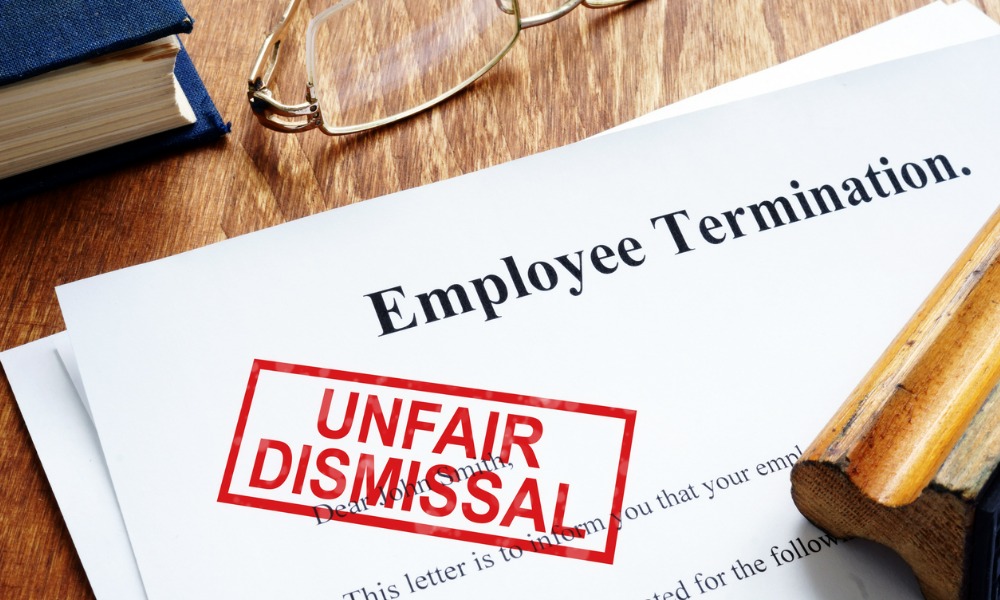
Employer rejects worker's position, challenges delayed grievance claim

The Employment Relations Authority (ERA) recently dealt with a case where a worker challenged their dismissal after failing workplace drug tests despite having a medical prescription. The case raised questions about drug testing policies, medical accommodations, and disability rights in the workplace.
A worker brought their case to the ERA after being dismissed for failing drug tests, arguing that their prescribed medication was linked to a disability. The worker said the employer should have used impairment testing instead of screening tests.
However, the case ultimately turned on whether the worker could proceed with their grievance after missing key filing deadlines, offering important lessons about grievance procedures and time limitations.
The worker was employed on passenger vessels from December 2022 to March 2023 on a fixed-term contract. Their role was considered safety sensitive. Soon after starting work, they failed a pre-employment drug test that showed THC levels above the employer's set limits.
The worker then provided documentation from two doctors, including one who prescribed cannabis through a remote consultation, with one medical professional stating the worker would not be impaired in their role.
After failing a second drug test, the employer suspended the worker on 9 February 2023. The employer maintained they could only accept test results below their standard THC screening level.
When attempts to find alternative land-based roles weren't successful, the employer ended the worker's employment but kept them on pay until their fixed term ended.
The worker later said their dismissal wasn't fair because their medical cannabis use was tied to a disability. They argued that requiring them to pass a THC screening test instead of measuring actual impairment was discriminatory.
The ERA noted significant timing issues:
"The last day for [the worker] to have raised the grievance for unjustified dismissal was 1 August 2023 based on the 90-day rule to raise grievances."
The worker didn't file their grievances until 14 February 2024, about six months past the deadline. They asked for special consideration, explaining their advocate had failed to file the grievance on time and citing personal circumstances including impacts of family violence.
The employer opposed the late filing. They argued that the delay would affect their ability to present reliable evidence about what was discussed during the worker's initial interview and throughout the testing period. The ERA noted:
"Based on what is arguably before me, [the worker] knew this before [starting] employment. Whether it is fair for an employer to screen test rather than test impairment in this context of safety sensitive work has been investigated by the Authority previously."
The ERA's decision focused on several key points:
"While I find 'exceptional circumstances' occurred that caused [the worker] not to raise her grievance by the time the 90 days came and went, I decline [the worker's] application because the second part of my consideration leads me to conclude it would not be just to grant leave."
The ERA explained the importance of timing:
"What was said would more easily have been recalled nearer the time that [the worker] ought to have realised their advocate had let them down in or around 1 August 2023 and not 14 February 2024."
The decision highlighted how the delay affected the employer:
"I accept this puts [the employer] at a disadvantage having not been given the opportunity to better respond closer to the time of occurrence, something the 90 day rule is intended to account for."
The ERA also noted that the worker received full pay through most of their fixed-term contract, including 2.5 months of unworked time after their dismissal until the contract ended on 31 May 2023.
This fact affected the potential remedies available if the case had proceeded. The worker was only unpaid for 54 hours during their entire employment period.
The case emphasises the strict nature of grievance filing deadlines. While exceptions can be made for "exceptional circumstances," any further delay in addressing a missed deadline can seriously impact the case's chances of proceeding.